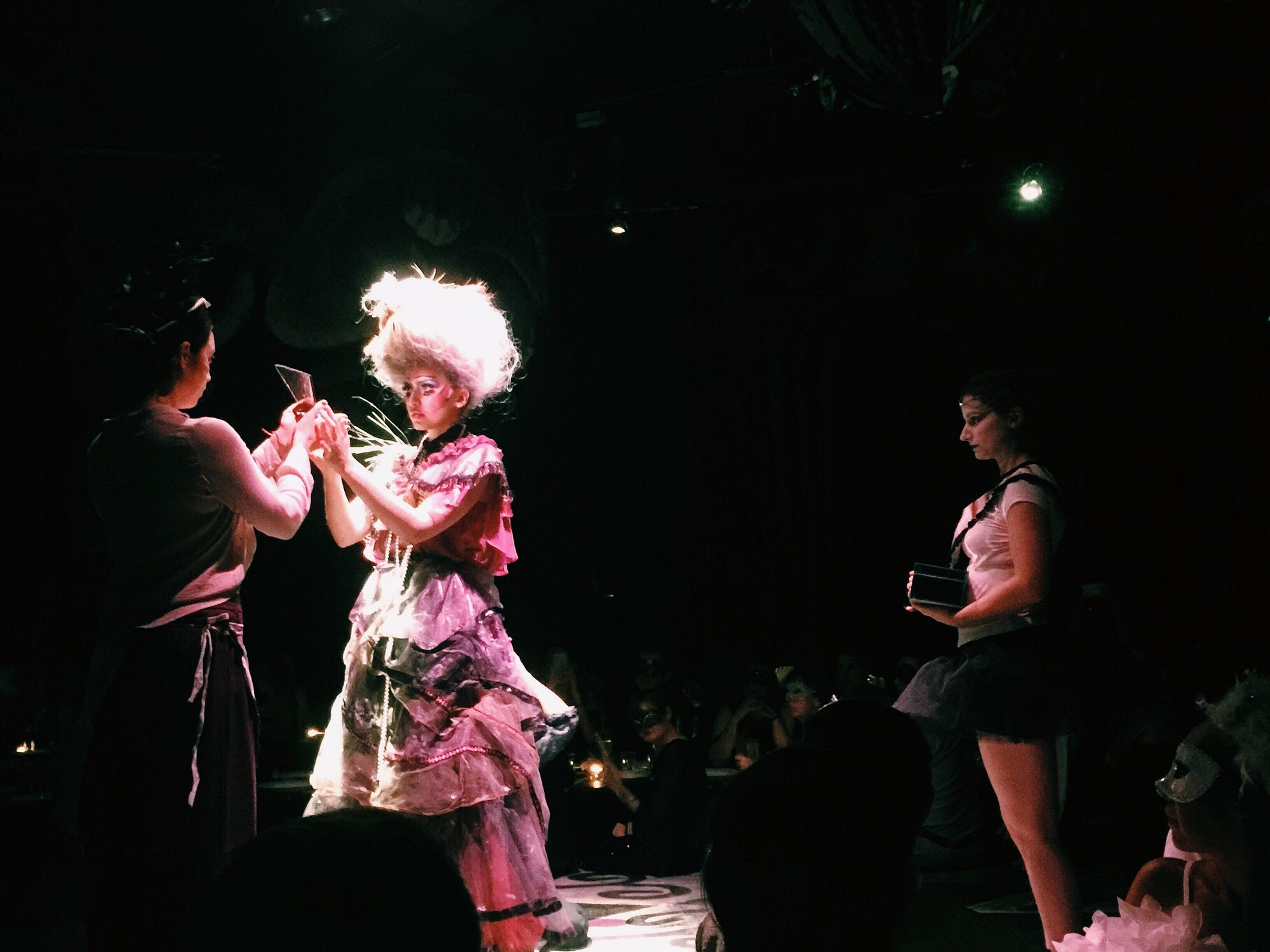
A theatrical Swan Lake experience in London misses the mark
If you’re unfamiliar with Swan Lake, the story goes like this: at his birthday party, Prince Siegfried is ordered to marry by his overbearing mother, the Queen. However, while out hunting with his friends, Siegfried comes across a white swan. The bird magically transforms into a beautiful young woman, Odette, who (in natural fairytale fashion), he falls in love with instantly. But Rothbart, the evil magician responsible for Odette’s transformation into a swan, disguises his own daughter as a black swan to try to fool the prince and to win his heart instead. Siegfried must make a choice and this choice will have everlasting consequences.
It’s a classic tale with a dark ending, so I was very excited to see this piece come to life in an immersive fashion. There had been much hype swirling around the latest creation from the Lost Estate: an immersive take on Swan Lake, where audience members will find an enchanted world of dancing and music, with live orchestral musicians. As a lifelong fan of the ballet, music, and immersive theatre, this evening seemed to be the perfect end cap to my time visiting London.
Arriving at Prince Siegfried’s Palace (a warehouse in southwest London), I don my mask as I spot other masked folks around me. Some are dressed in suits, others tuxedos, and one delightful couple have gone all out and are dressed as a prince and princess. The selection of masks range from the smaller masquerade ball style to the extravagant porcelain Viennese (and I even think I notice a particularly famous immersive theatre mask at one point).
A clown in drag welcomes me, and takes me towards a raised platform in the middle of the space. Surrounding the platform are long wooden tables and benches, where guests are placed. I am getting vibes reminiscent of The Great Comet. I make acquaintances with the people on either side of me to as a I clamber onto the wooden bench. We discuss some other staples of British immersive theatre, like the work of Secret Cinema and Punchdrunk. It is clear that I am in good company, as it would seem that all fans of the medium in London have been ushered here.
As more attendees arrive, a small folk band makes their way onto a stage next to the bar, and begins to play folk arrangements of the Swan Lake score, a nice touch. The lights go dark and a bard makes his way to the platform to deliver us a message. Unfortunately, due to the large number of rowdy and sweaty guests on this summer evening, even as I sit a few feet away from him, it is very hard to hear. The bard looks longingly at a mirror off to the side, where an image of a beautiful white swan fleetingly appears before vanishing.
Suddenly the Queen addresses the crowd, in a loud Cockney accent with an oversized dress. She feels like a character straight out of a pantomime. “It is time to eat!” she proclaims. The announcement is jolting, and I am left a little confused, as wait staff make their way around the tables, placing down bread, large bowls of root vegetables and beef stroganoff to share.
A contortionist walks up on stage, and performs for no one in particular, as most members of the audience are focused on conversation with their tables. At various points throughout the evening, a performer pulls an audience member onto the stage to join in a folk or group dance. As the evening drew on, it became clear that this was the only entertainment of the evening. A character might come and make small talk with your table, but there was no sense of urgency or any relation to the supposed narrative of Swan Lake. Most members of the audience seemed preoccupied with what was in front of them, rather than the events on stage.
Even when the prince dances a most exquisite dance of desire with the Black Swan, this was a performance that we were invited to watch from our seats.
The lights dimmed once more, as the minstrel from the opening came back to the stage, asking us to follow him. Giant curtains on one side of the room became mysteriously transparent leading to a previously unnoticed portion of the palace/warehouse.
I suddenly remembered the promotions that I had read: Step into our bewitching world. Feast with Queens, dance with Princes. Then, Choose your side. Will it be the White Swan… or the Black?
Is this where the piece will reveal itself in full? I thought.
Unfortunately… yes. We made our way through the curtains to find 20 or so wooden risers, looking down on an empty stage, as the orchestra began to tune from the far side of the stage. My heart sank as one of the clowns in drag stumbled onto the stage and then yelled:
Get Edward Mylechreest’s stories in your inbox
Join Medium for free to get updates from this writer.
SubscribeSubscribe
“Shut up! Right, so the ballet bit is about 30 minutes. I don’t care what you do, just no flash photography. Enjoy the show, bitches.”
This was the nail in the coffin.
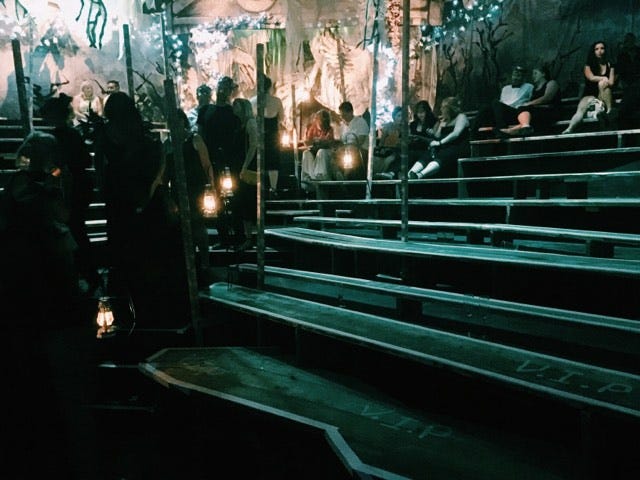
And so there we were, sitting on uncomfortable wooden risers, watching a highly edited, shortened, fragmented adaptation of the last act of Swan Lake. Tchaikovsky’s score, played by a reduced chamber orchestra, still manages to move and stab at the heartstrings, but gone is any sense of the drama that the full ballet entails. Gone is any real sense of narrative at all, and if you were unfamiliar with the story, I doubt that this abbreviated interpretation would have shed any light on the famous story. The ballet portion concluded, and that was it. Traditional bows, lights up, and an opportunity to make use of the bar once more before you head back home.
The biggest disappointment for me with The Great Masked Ball is that this project really had so much potential. An incredible amount of time, thought, and money had been invested into this project. And as a music teacher, what a delight it was to see a live orchestra involved in an immersive production.
But it simply was not an immersive piece of theatre. For all of the boasting, and the advertising that this is the “next immersive masterpiece,” the team have completely missed what it means to be immersive. I fear that this may be another blatant misuse of the term “immersive” in order to sell tickets. I found no sense of agency or audience involvement, nor of site-specificity. Yet the story is so ripe for producing this as an immersive tale, following the characters around as they progress through the narrative, actually making a choice between the black or white swan (the whole crux of the fairytale), and delving deep into a fantasy world to help us uncover real truths about our own tragic world.
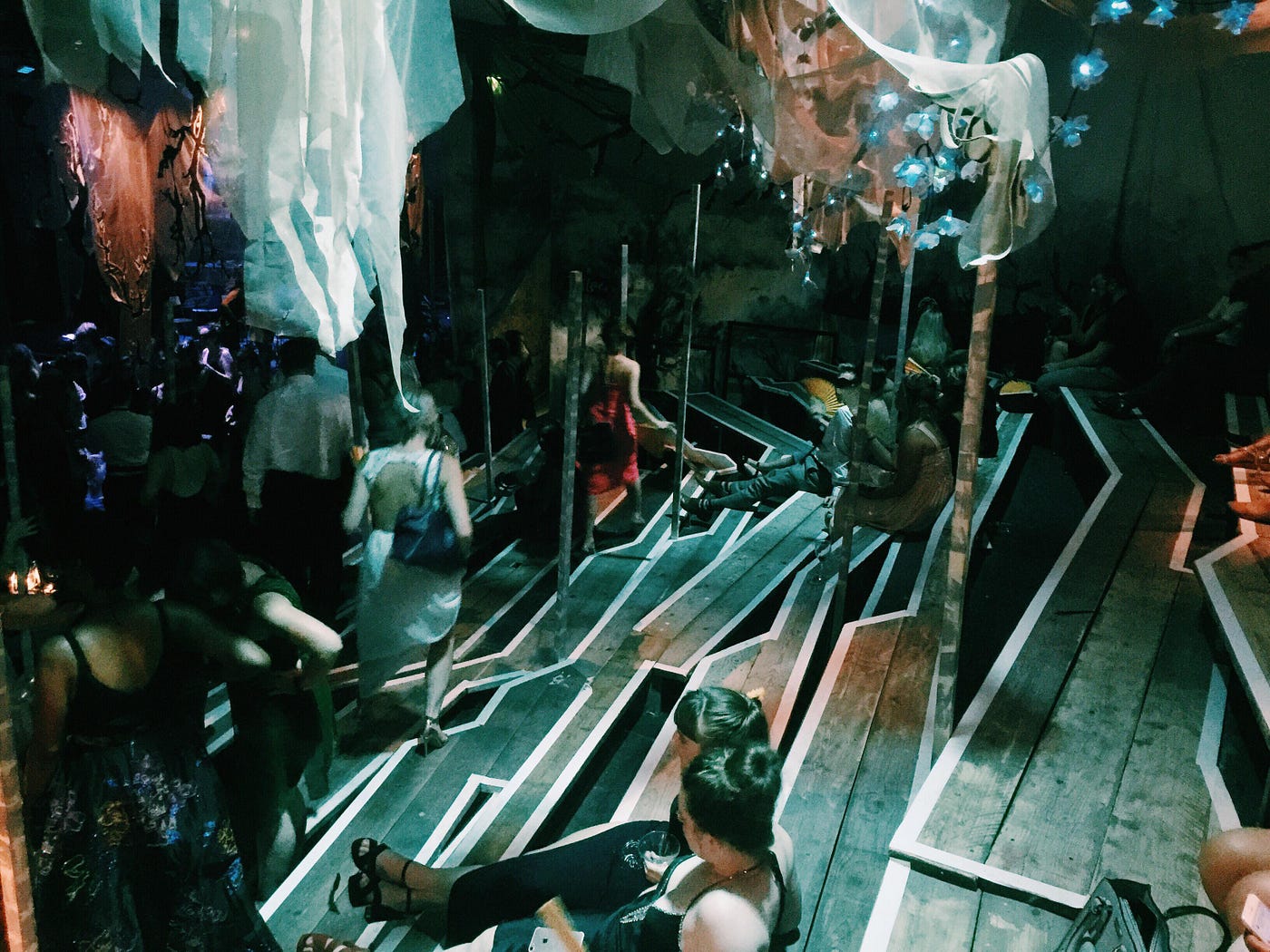
The choreography by Eleesha Drennan was beautiful, the dancers and the Arensky Chamber Orchestra performed wonderfully, and the costumes and set design were most fitting. But just because you are performing a piece in a unconventional venue does not make it “immersive,” particularly if everything else about the performance itself is conventional. The moment you place your audience at long dining tables seats to watch a performance on a raised platform, you are creating a de facto proscenium. As an audience, we simply were not delivered what we were promised. Instead we were given an evening of average dinner theater, with a dance portion slapped on the end of it.
I went into The Great Masked Ball with a genuine sense of real excitement. Swan Lake is a fantastic story with a timeless score which is just ripe for a great immersive re-telling. The Great Masked Ball feels like the sum of a lot of different parts, which have been stitched together to try to make a swan.
Instead, they made a goose.
The Great Masked Ball has concluded its London run; get updates on their web site.
NoPro is a labor of love made possible by:

…and our generous Patreon backers: join them today!
In addition to the No Proscenium web site, our podcast, and our newsletters, you can find NoPro on Twitter, Facebook, YouTube, Instagram, in the Facebook community Everything Immersive, and on our Slack forum.


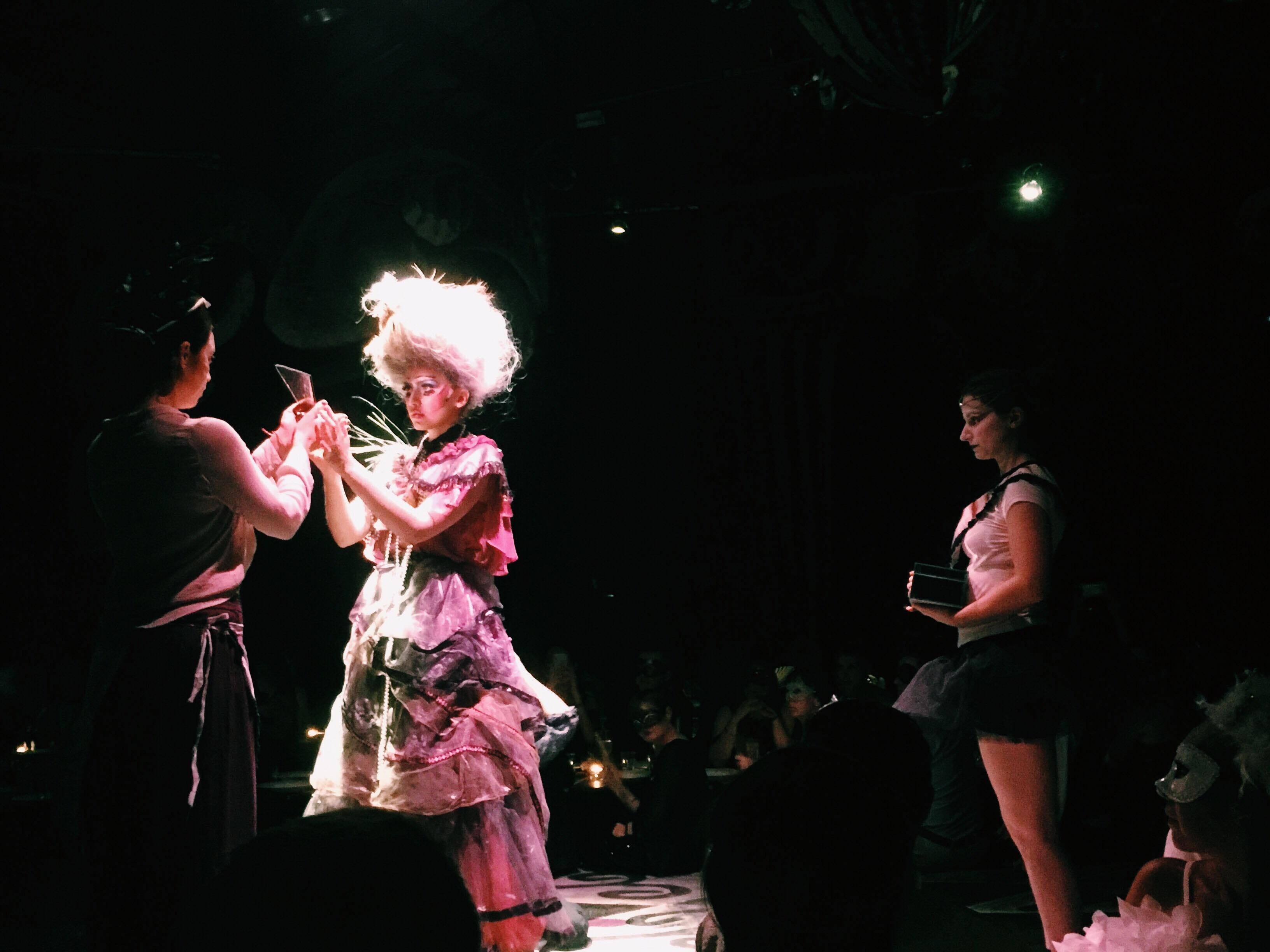





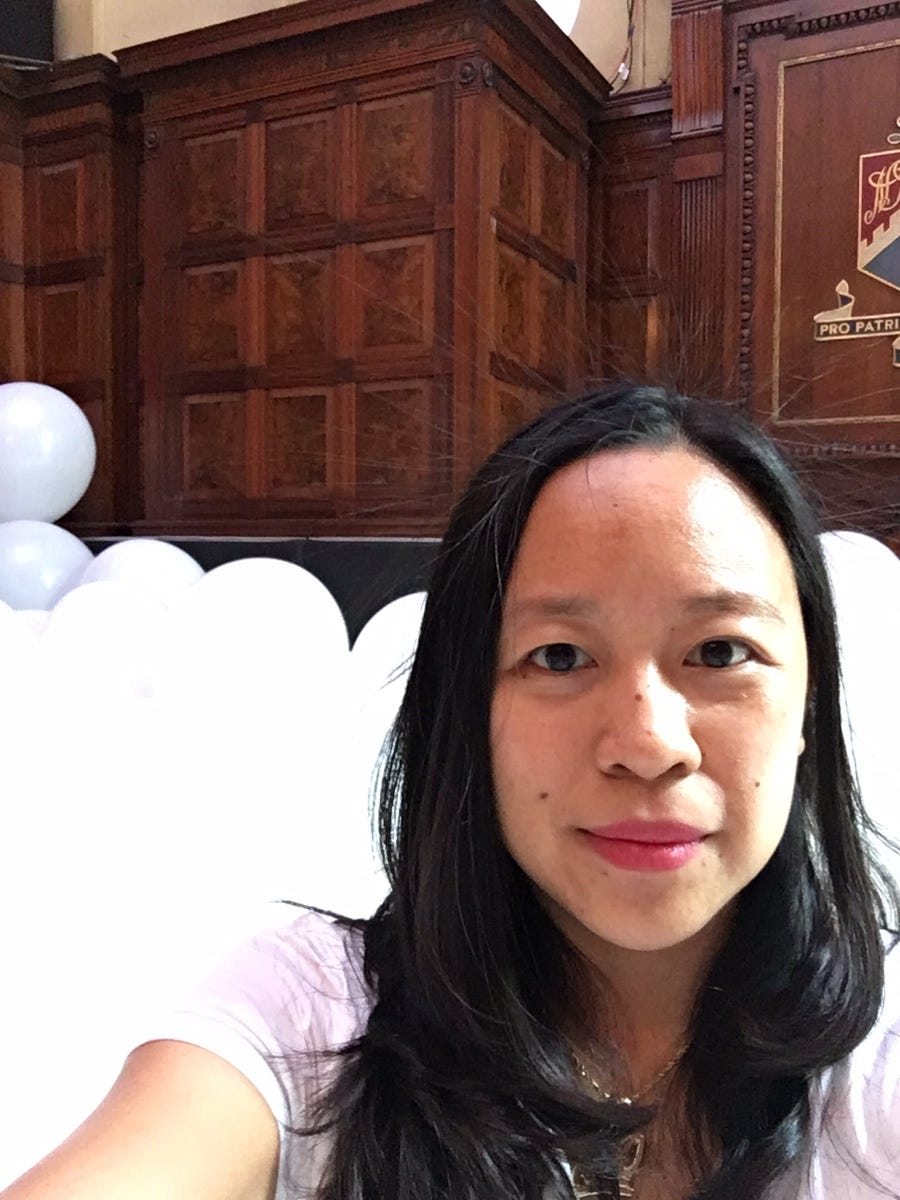
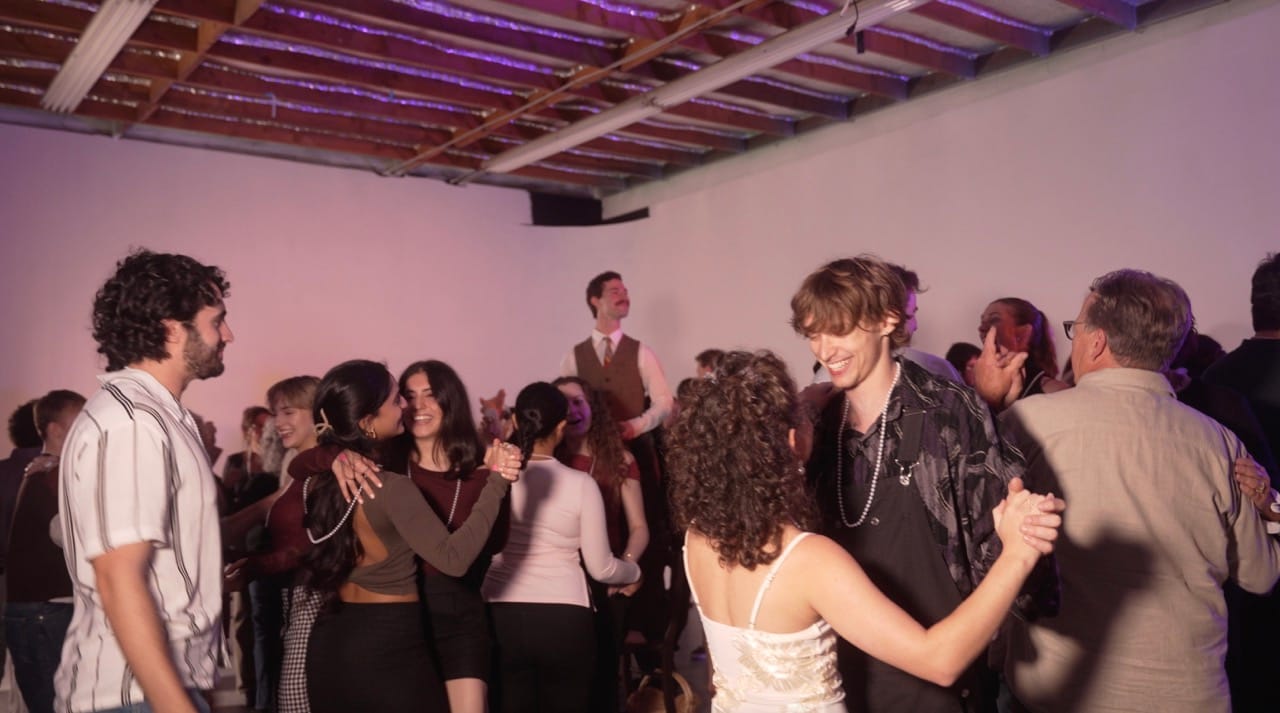
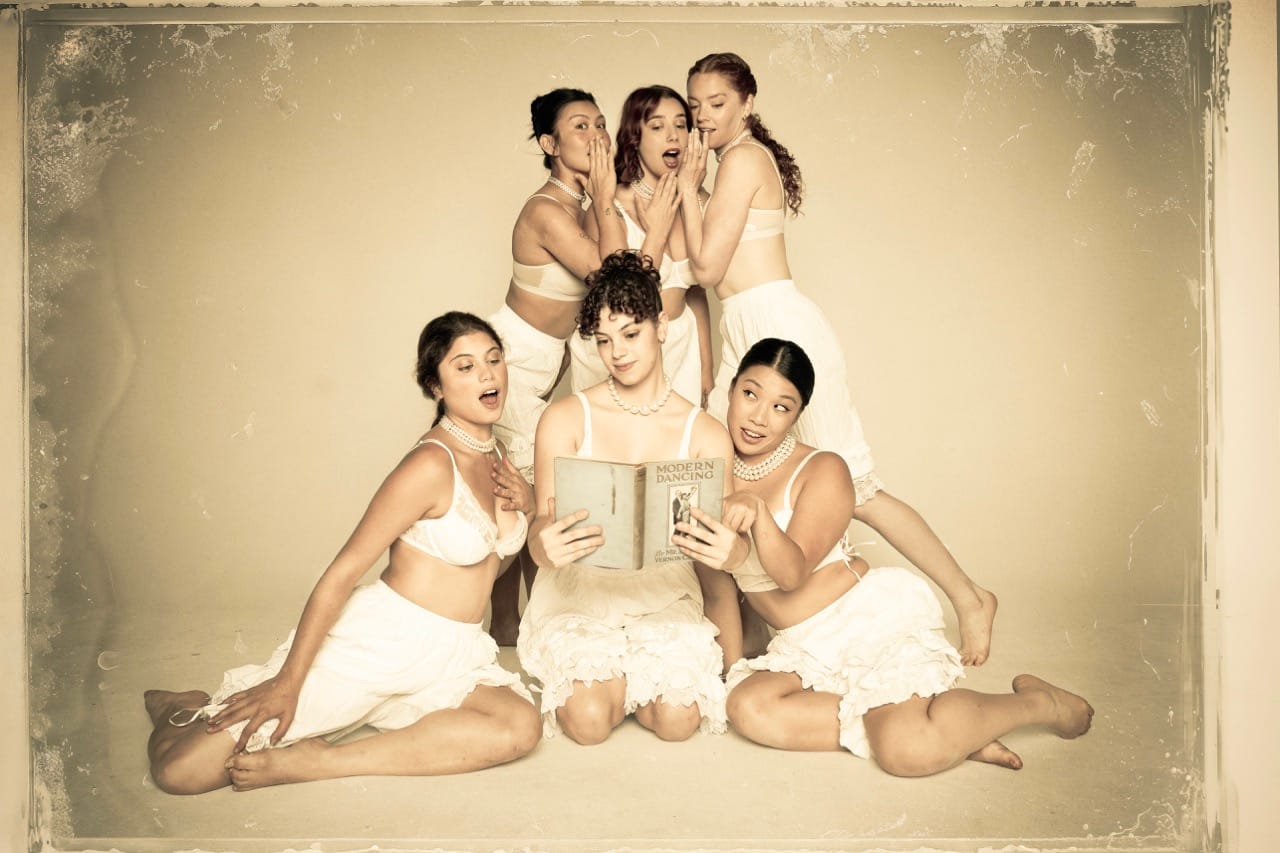
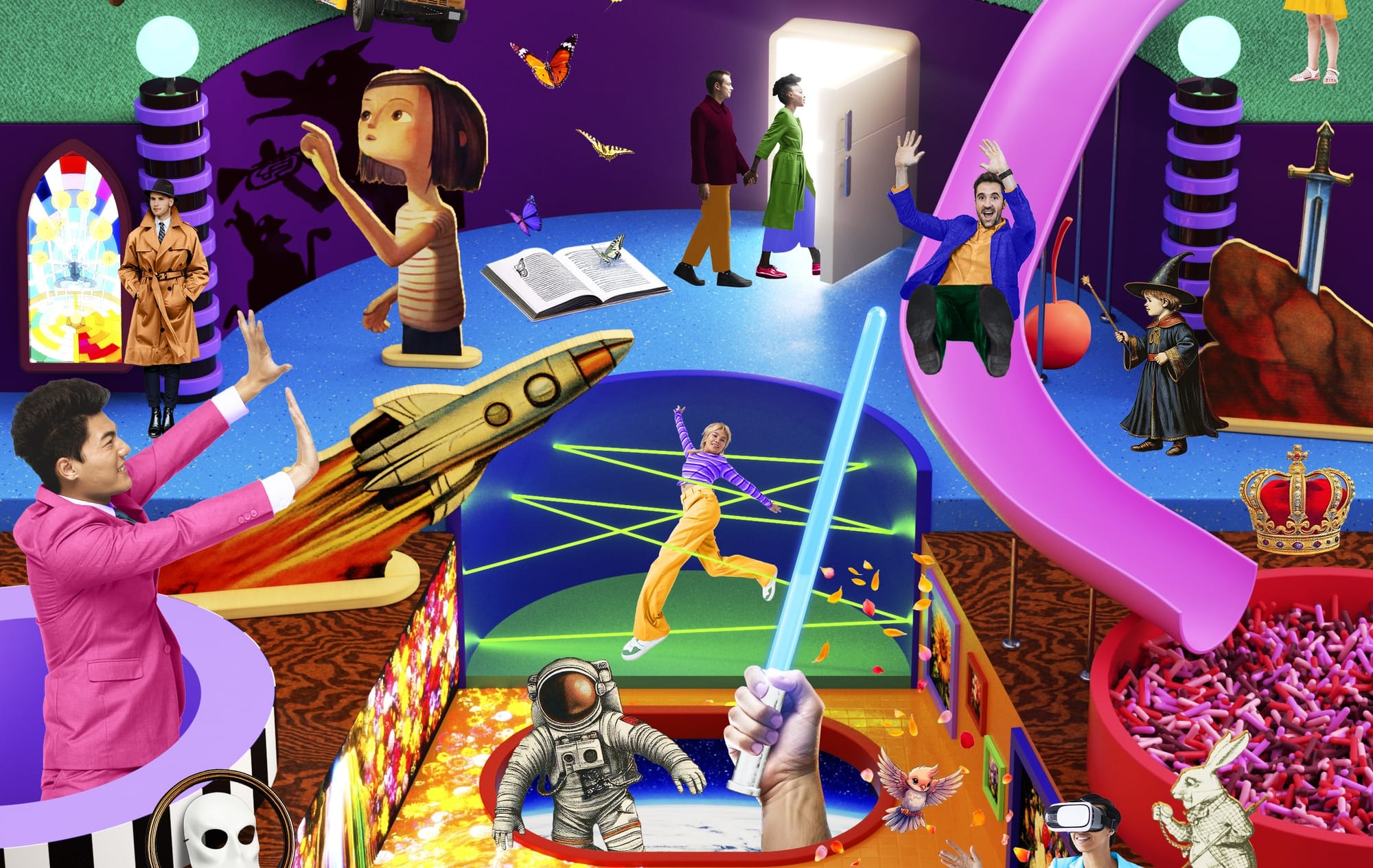



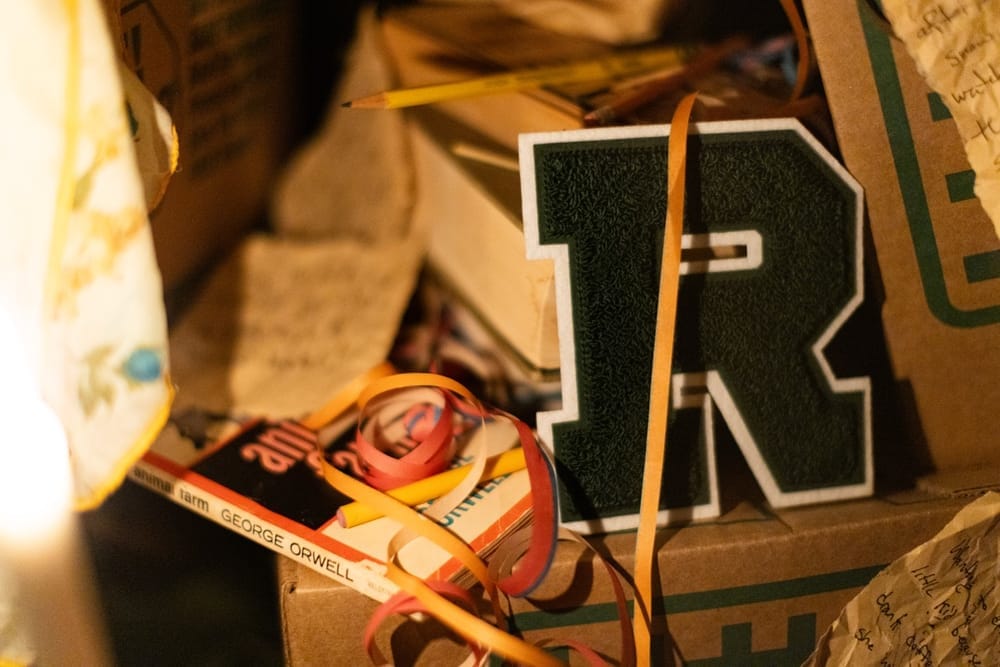

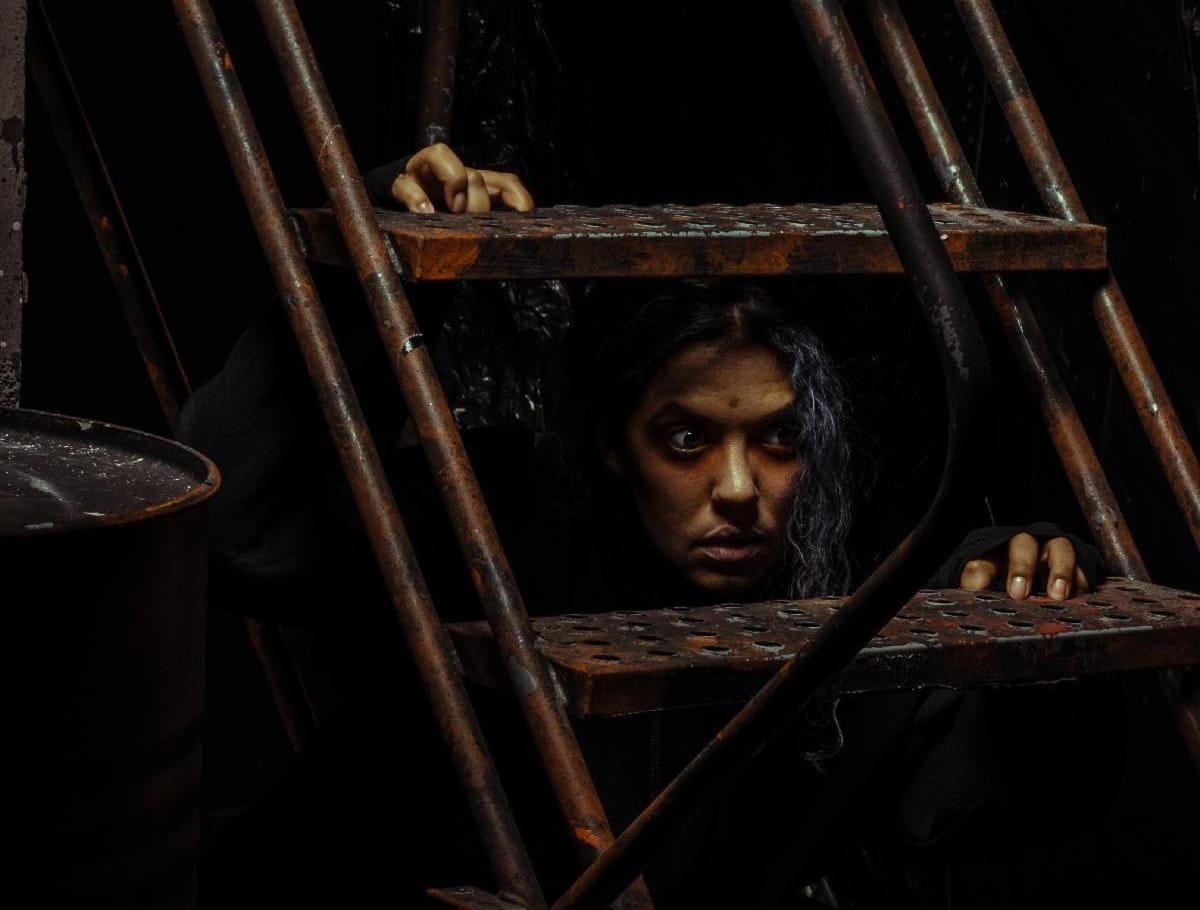
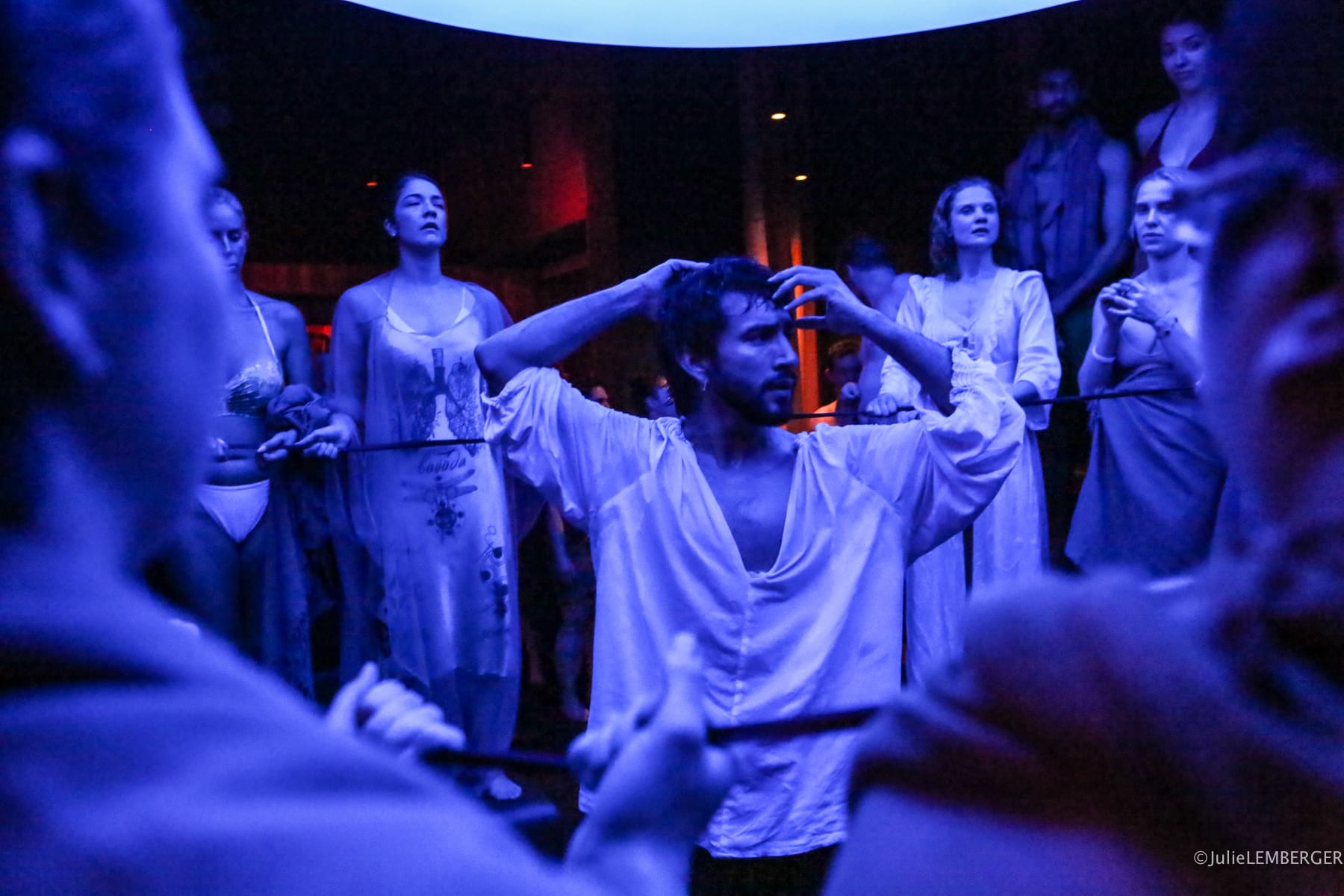
Discussion